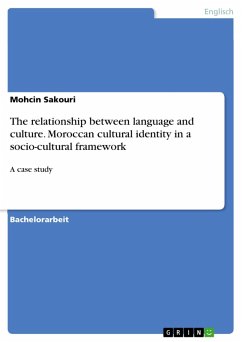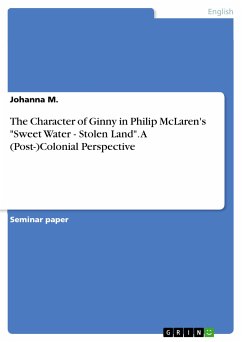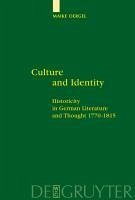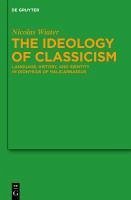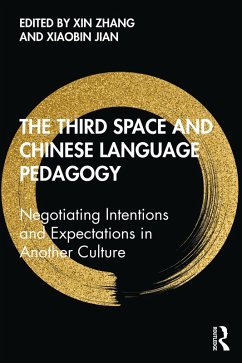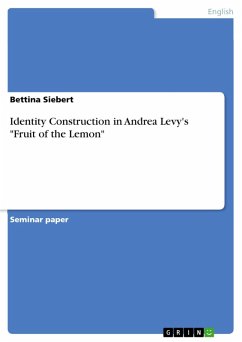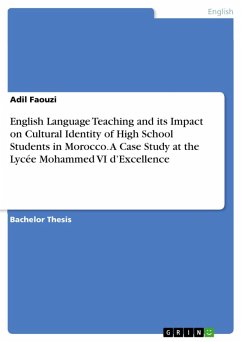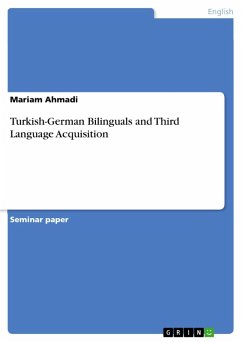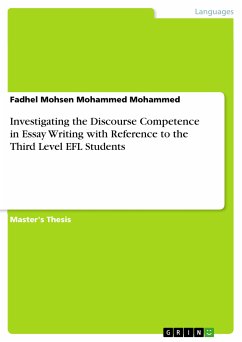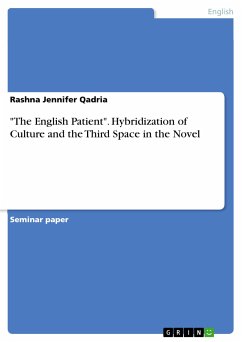
"The English Patient". Hybridization of Culture and the Third Space in the Novel (eBook, PDF)
Sofort per Download lieferbar
Statt: 17,95 €**
13,99 €
inkl. MwSt. und vom Verlag festgesetzt.
**Preis der gedruckten Ausgabe (Broschiertes Buch)
Alle Infos zum eBook verschenkenWeitere Ausgaben:

PAYBACK Punkte
0 °P sammeln!
Seminar paper from the year 2018 in the subject English Language and Literature Studies - Literature, grade: 2,7, University of Wuppertal, language: English, abstract: Postcolonial literature is often used to describe the problems and consequences of the colonization. Here, the independence of the political or cultural is important. In relation to post colonialism, the term hybridity plays also a significant role. Hybridity as such can be seen as a state in which two or more cultures convene. Since every culture has its own identity, it can be said that because of the hybridization, the identi...
Seminar paper from the year 2018 in the subject English Language and Literature Studies - Literature, grade: 2,7, University of Wuppertal, language: English, abstract: Postcolonial literature is often used to describe the problems and consequences of the colonization. Here, the independence of the political or cultural is important. In relation to post colonialism, the term hybridity plays also a significant role. Hybridity as such can be seen as a state in which two or more cultures convene. Since every culture has its own identity, it can be said that because of the hybridization, the identity can be lost. National identity is a crucial aspect when it comes to hybridization due to the fact that it is possible that one can lose its national identity when he or she comes in touch with another culture after colonizing. This paper attempts to show how the author succeeded to illustrate the occurrence of hybriditization for the different characters with different cultural backgrounds and to what extent the Third Space is a tool to create new cultural experiences for the characters. First, the term hybridity will be explained in more detail and afterwards the Hybridity Theory by Bhabha (1994) will be used in order to represent hybriditization. His theory will be applied on the four main characters of the novel in Section 2.1. The next section, Section 2.2 will be used to illustrate the hybridity in the Third Space with the focus on the spaces of the villa and the desert. In Section 2.3 whether the characters still have the desire to belong to the different culture after the climax of the novel or whether they detach themselves from the hybridity they once experienced.
Dieser Download kann aus rechtlichen Gründen nur mit Rechnungsadresse in A, B, BG, CY, CZ, D, DK, EW, E, FIN, F, GR, HR, H, IRL, I, LT, L, LR, M, NL, PL, P, R, S, SLO, SK ausgeliefert werden.




